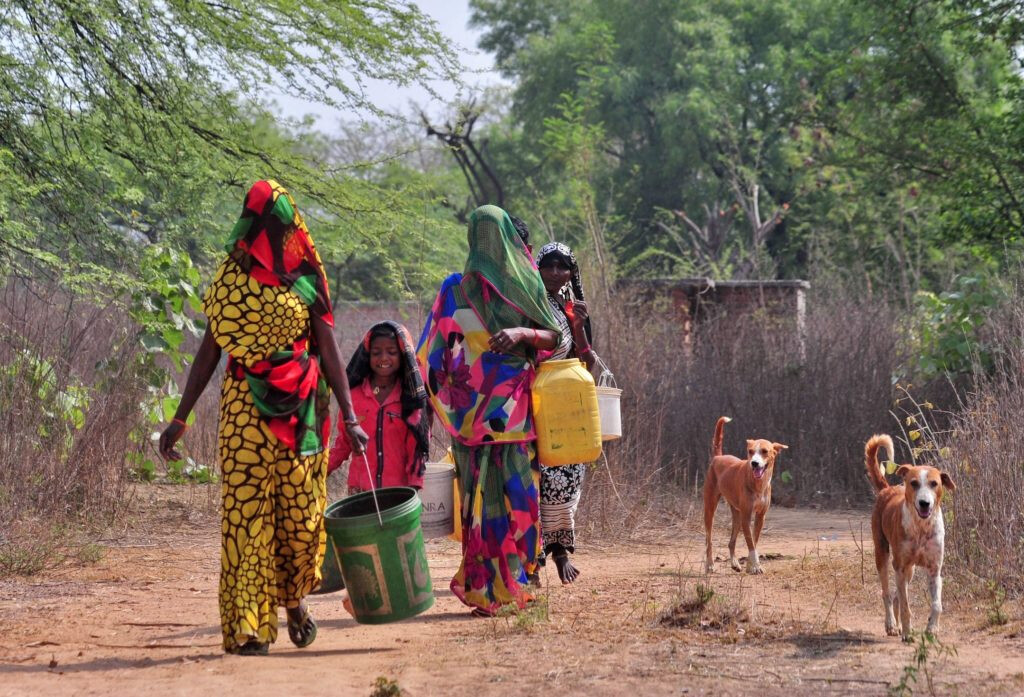
Ludhiana, India – India is experiencing a dramatic shift in its climate patterns, with unseasonably warm weather disrupting industries and threatening agricultural yields across the nation. The impact of a shortened winter is keenly felt in India's textile hub, Ludhiana, where clothing manufacturers specializing in winter apparel are facing unprecedented challenges.
Nitin Goel, a veteran in the clothing business, reports a significant decline in sales as retailers hesitate to stock winter wear due to soaring temperatures. "We've had to adapt and start producing t-shirts instead of sweaters," Goel explained, highlighting the drastic changes in their production. The shift to a "sale or return" model by retailers has placed substantial financial burdens on manufacturers, leading to closures for some small businesses.
The Indian Meteorological Department's data confirms the severity of the situation, with February 2025 marking the hottest February in 125 years. The agency warns that above-normal temperatures and heatwaves are likely to persist, exacerbating the challenges faced by farmers and businesses.
In the agricultural sector, the prized Alphonso mango orchards on India's western coast are suffering from drastically reduced yields. Farmers like Vidyadhar Joshi are facing potential financial losses due to increased irrigation and fertilizer costs. "Production this year would be only around 30% of the normal yield," Joshi stated.
Moreover, essential winter crops such as wheat, chickpea, and rapeseed are under threat. Experts warn of potential wheat yield reductions, which could force India, the world's second-largest wheat producer, to rely on expensive imports.
The economic implications of these climate changes are significant. Reduced water reservoir levels are impacting agriculture and the dairy sector, potentially driving up food prices and inflation. Economists are concerned that disruptions to farm-led recovery could hinder overall GDP growth.
India's vulnerability to climate change is evident, with most districts classified as "extreme event hotspots." The nation faces substantial income losses due to heat stress affecting labor capacity. Urgent measures are needed to mitigate the impact of recurrent heatwaves, including improved weather forecasting, agriculture insurance, and climate-adapted cropping strategies.
[Copyright (c) Global Economic Times. All Rights Reserved.]




























